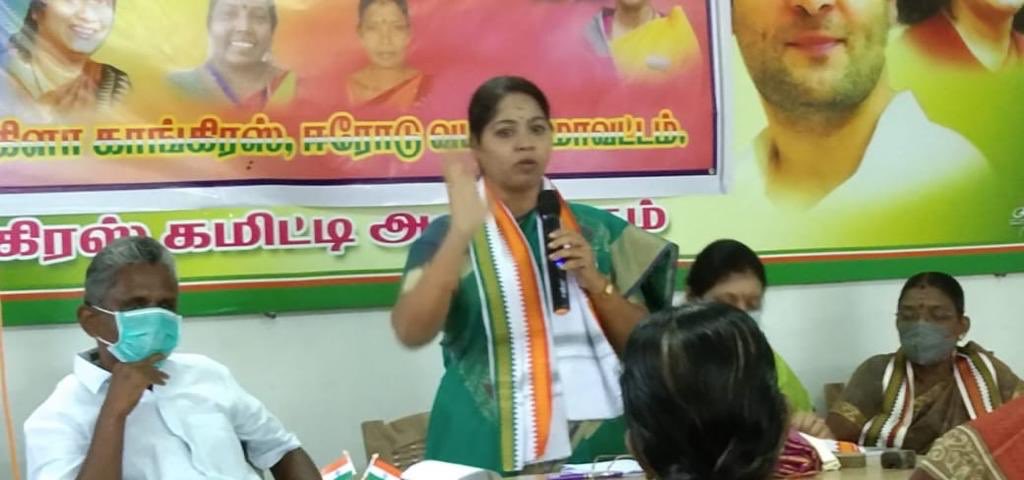

Listening to Bee tell the story of their union, BGPMSKS, one appreciates the organizing work that preceded the launch of the much larger ICJB.Īfter the 1984 disaster, the Indian government undertook various half-hearted economic rehabilitation schemes. to speak out about DOW, Bee, Devi, and 50 co-workers fought to form a union and use it to fight the Indian government for the employment and compensation that is their due. Over fifteen years before setting foot in the U.S. Workers at the plant wrote to Union Carbide’s Danbury, Connecticut headquarters warning of the dangers, but the company took no action. In order to save $70 a day, the unit used to refrigerate the deadly gas was shut off. Eleven employees were in the methyl isocyanide plant when the 1984 leak occurred. Workers who used to receive six months of safety training had to make do with 15 days.Ī 1982 safety audit showed 30 spots where disaster could happen. It was not just an accident but deliberate negligence.”Īs part of a cost cutting drive begun in 1980, she noted, Union Carbide cut the number of workers in the Bhopal plant from 1,200 to 632. In Bhopal, workers were not told about the hazards they faced. In an interview before the April meeting, Bee said, “this is an issue of occupational safety. The upcoming Labor Notes Conference will include a strategy meeting to plan for this worldwide day of action against Dow and other corporations who ignore their responsibility to the workers and communities they affect.


Nityanand Jayaraman, one of ICJB’s organizers, proposed that unions and social justice groups around the world declare December 3, the anniversary of the Union Carbide disaster, “International Day of Action Against Corporate Crime,” and asked those present to encourage their unions to join the declaration. It’s time that other workers came to their aid to rectify this wrong.” Several people at the meeting pledged to contact their internationals in Washington D.C to make sure they met with the Bhopal tour when it arrived there for an action at the Indian embassy.ĭan Basham, Midwest field representative for the AFL-CIO, said, “this is about the workers who have been affected for generations.
Krishnaveni gundu trial#
This includes facing a criminal trial in India, providing medical and economic rehabilitation for the survivors and their children, cleaning up the factory site, and releasing thus far concealed medical information about the gases that poisoned Bhopal.

The ICJB is demanding that Dow Chemical take on the liabilities of the company it purchased, just as it has acquired its assets. A group of activists from the International Campaign for Justice in Bhopal, sponsors of Bee and Devi’s visit, planned to protest at a shareholders meeting at Dow’s international headquarters in Midland, Michigan. Rashida Bee, a member of the Bhopal Gas Affected Women Stationery Employees Union (BGPMSKS) explained that while Union Carbide paid a pittance in human damages ($500 for lifetime injuries and $2,000 for a death in the family), the company fled India without dealing with the huge environmental damage done.īee and her co-worker Champa Devi were in Michigan to seek union support as they go up against Dow Chemical, who bought Union Carbide in 2001. Union members from several local unions in Southeast Michigan gathered at the Hotel and Restaurant Employees Local 22 hall in Southfield, Michigan in late April, to learn about the ongoing campaign. The struggle of Bhopali workers for a just resolution, however, is far from over. A little over 19 years ago, a chemical leak from the Union Carbide pesticide factory left over 8,000 people dead.


 0 kommentar(er)
0 kommentar(er)
